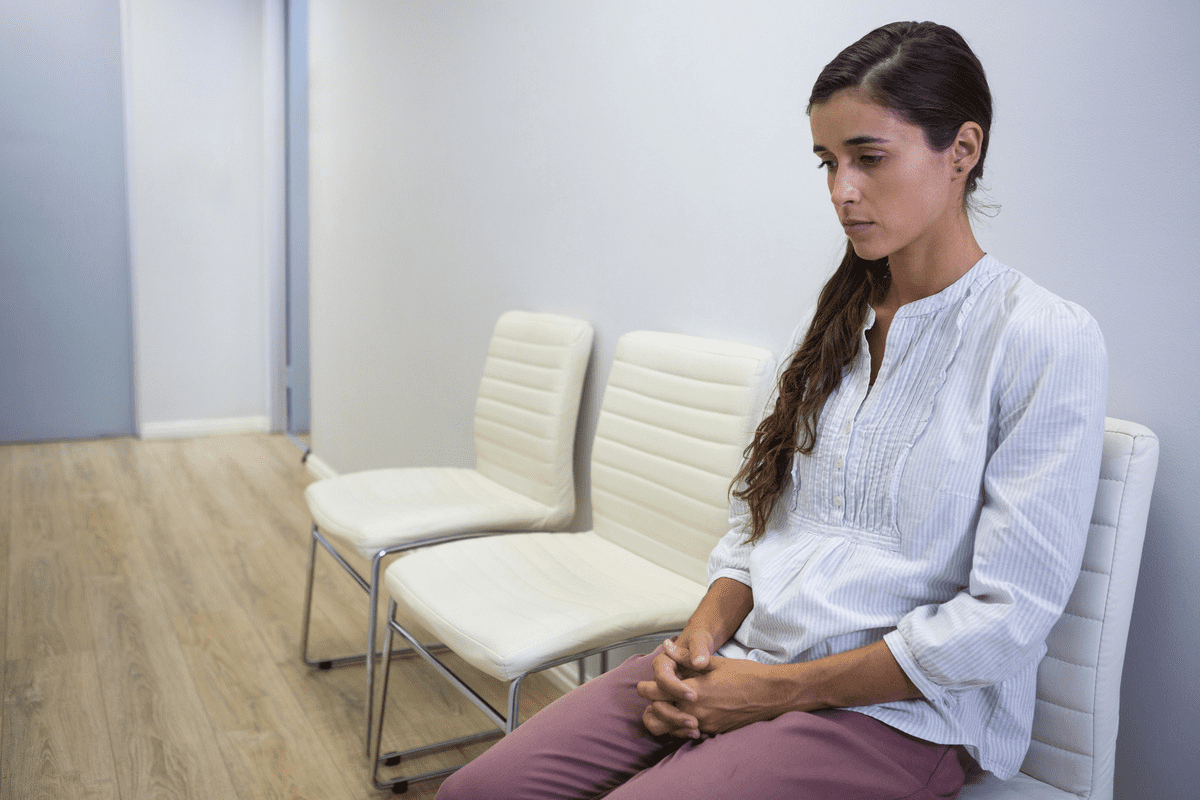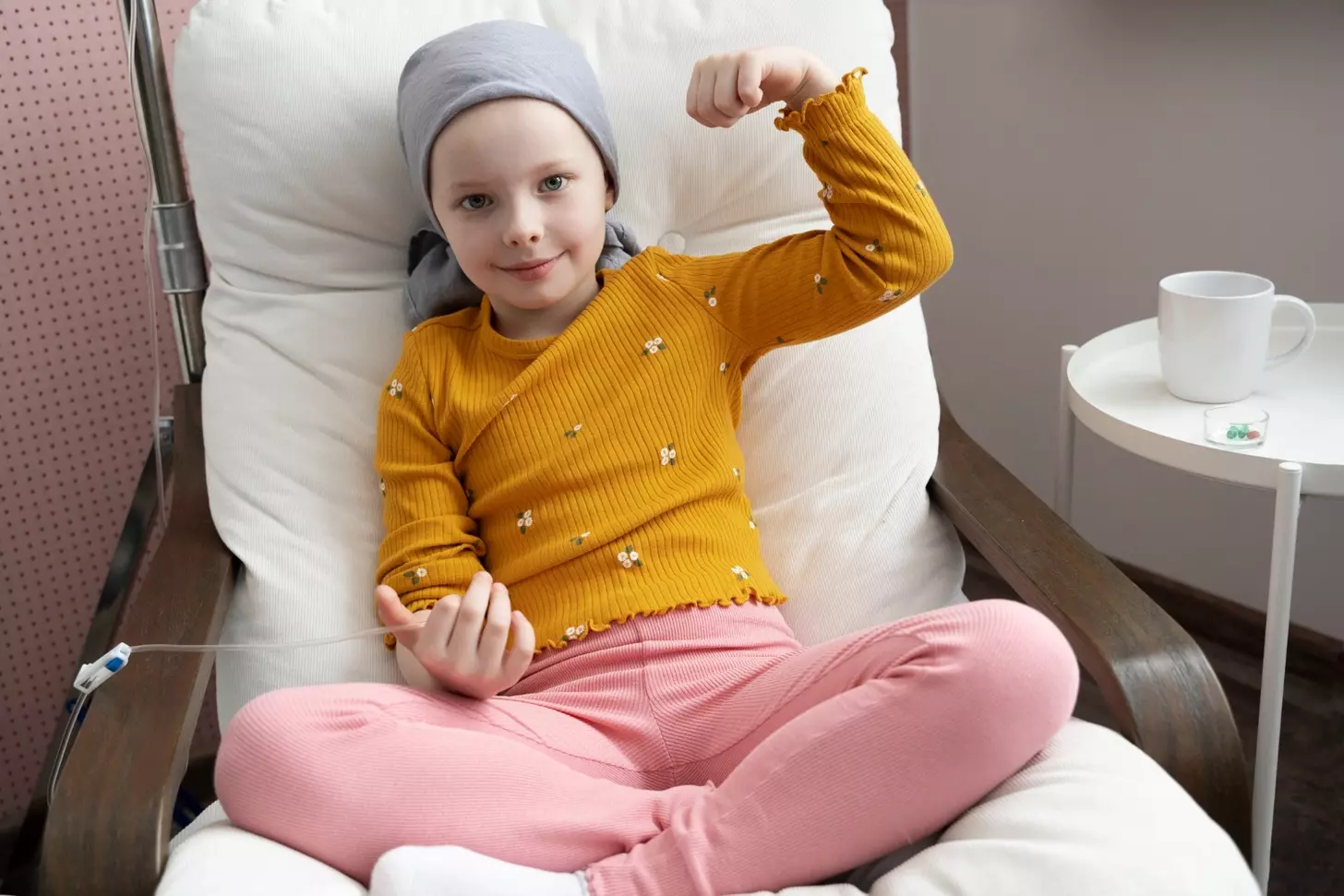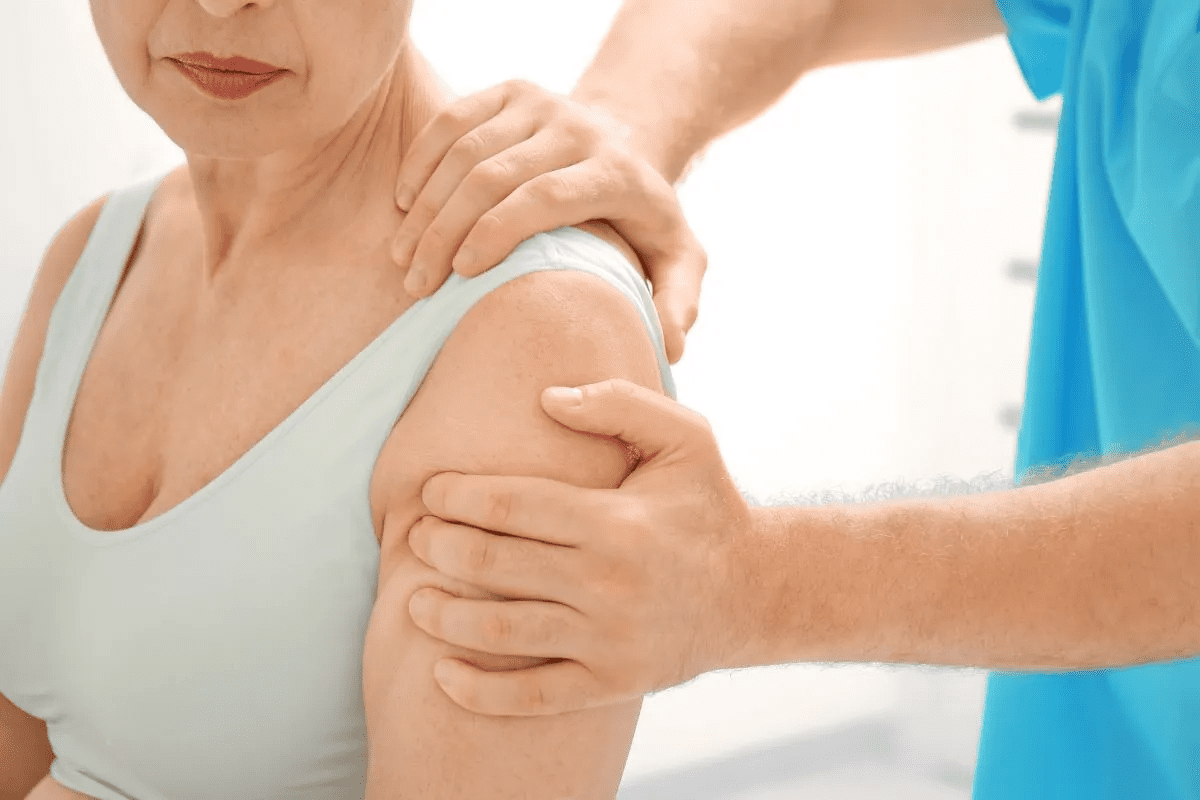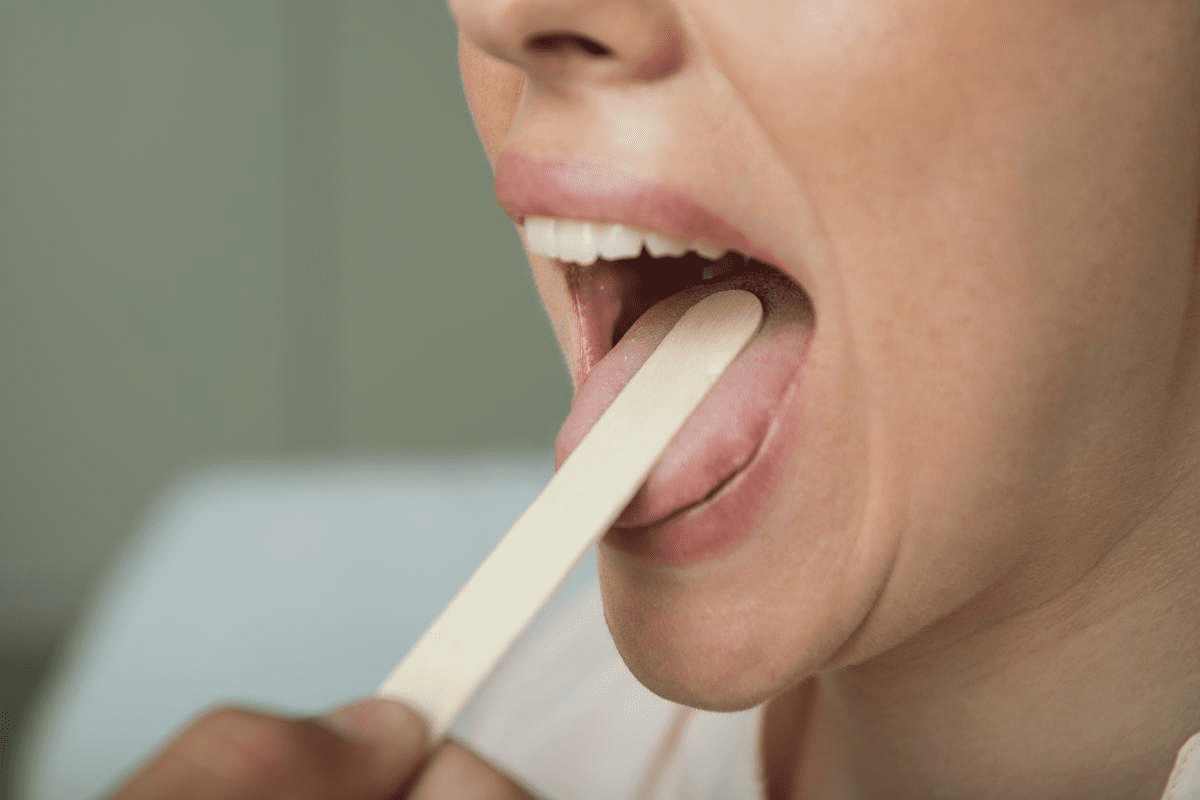Last Updated on November 27, 2025 by Bilal Hasdemir
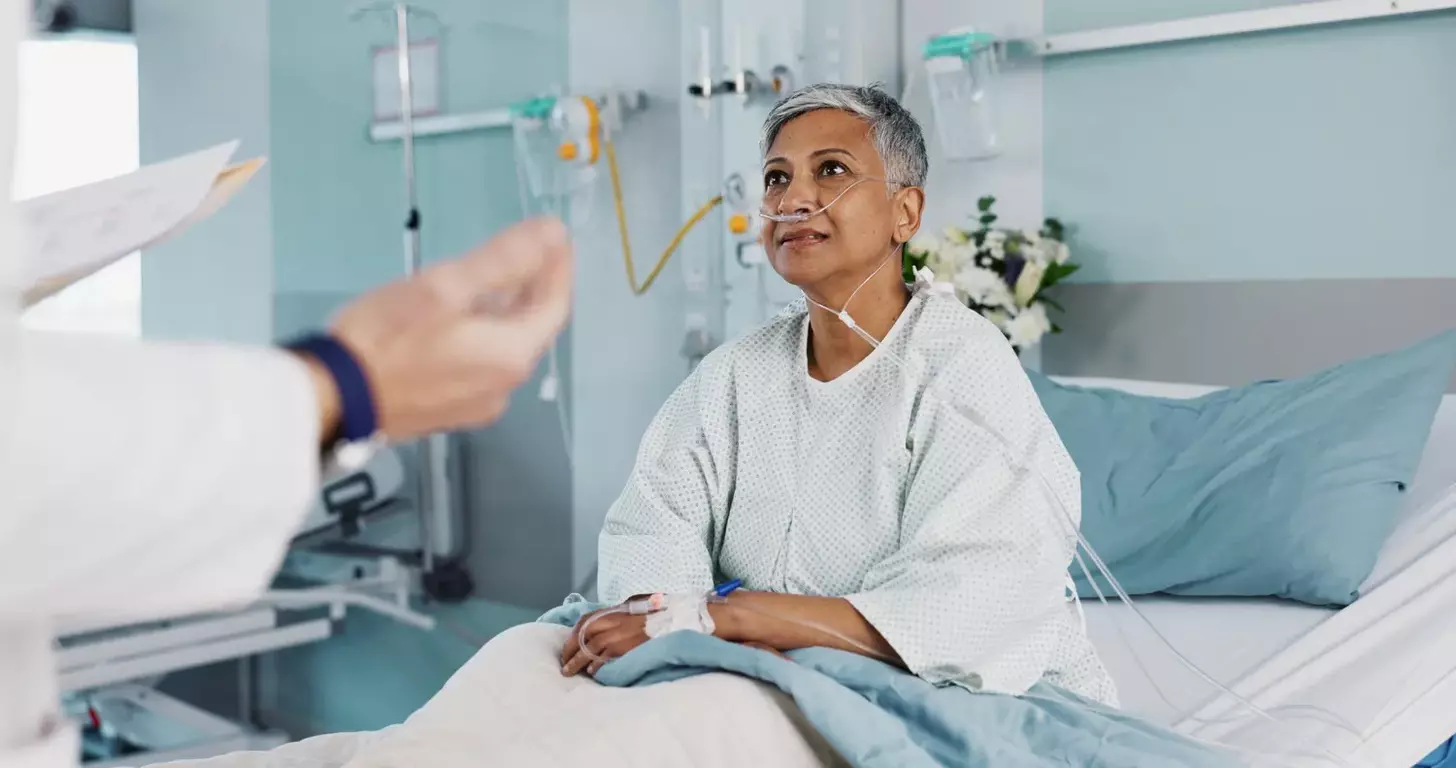
Finishing chemotherapy is a big win in the fight against cancer. It brings relief, but it also marks the start of a new chapter. This chapter is all about getting better and following up on care.
At Liv Hospital, we know how vital post-treatment care is. We’re dedicated to helping you recover with innovative care and support. We create plans just for you and offer emotional help along the way.
Recovery usually takes about two months for every month of treatment. As you move from treatment to recovery, you might wonder what’s next. We’ll walk you through the recovery journey. We’ll talk about the physical and emotional changes you might face.
Key Takeaways
- Recovery after chemotherapy is a critical phase that requires thorough care.
- Liv Hospital offers tailored treatment plans and emotional support.
- The recovery period can last several months.
- Knowing what to expect during recovery helps manage your health better.
- Comprehensive post-treatment care is key for a successful recovery.
Celebrating Your Last Chemotherapy Treatment: A New Beginning
Your last chemotherapy treatment is a big deal. It’s a time to celebrate your strength and resilience. Finishing chemotherapy brings relief and a bit of worry about what’s next. At Liv Hospital, we’re here to help you through this big change.
People with strong family and friends do better. They feel less stressed and have better health. As you start this new chapter, we encourage you to stay close to your loved ones.
The Emotional Impact of Completing Treatment
Ending chemotherapy can be a wild ride of emotions. You might feel proud and relieved, but also a bit scared about the future. It’s okay to feel all these things as you move forward.
At Liv Hospital, we offer emotional support. Our team is here to help you deal with these feelings. We want to make sure you have everything you need to do well during this time.
| Emotional Challenges | Support Strategies |
|---|---|
| Anxiety about the future | Connect with loved ones, seek professional counseling |
| Fear of recurrence | Stay informed about your condition, follow your survivorship care plan |
| Adjusting to a new normal | Gradually return to normal activities, prioritize self-care |
What Happens on Your Final Treatment Day
Your last chemotherapy day can be a mix of feelings. It’s a big moment that ends a tough time. We celebrate this milestone with you, acknowledging the strength and resilience you’ve shown throughout your treatment journey.
Transitioning to Survivorship
Starting your survivorship journey is a big step. It’s not just the end of treatment but a new chapter of recovery and healing. We help you make a survivorship care plan that meets your needs, including follow-up care and lifestyle tips.
Our commitment to you doesn’t end with your last chemotherapy treatment. We keep supporting you as you move forward, providing the care and resources you need for your long-term health.
Immediate Physical Effects in the Days Following Your Last Chemotherapy Treatment
Finishing chemotherapy is a big step, but it’s just the start of getting better. Right after your last treatment, your body will start to feel the difference. You might notice many physical changes.
Persistent Side Effects to Expect
Some side effects of chemotherapy can last for a bit after treatment ends. You might feel fatigue, hair loss, or changes in how hungry you are. Remember, these effects usually don’t last forever and will get better with time.
At Liv Hospital, we help our patients deal with these symptoms. Eating well and drinking plenty of water can help with feeling better. You can find out more about chemotherapy’s effects on the body by visiting our page on how sick chemotherapy can make you.
Managing Post-Treatment Symptoms
Handling symptoms after chemotherapy needs a full plan. We suggest focusing on good nutrition, rest, and gentle exercise. The table below shows common symptoms and how to manage them.
| Symptom | Management Strategy |
|---|---|
| Fatigue | Gradual increase in physical activity, rest when needed |
| Hair Loss | Use gentle hair care products, consider wigs or scalp cooling |
| Appetite Changes | Eat small, frequent meals, choose nutrient-rich foods |
When to Contact Your Healthcare Provider
While many symptoms can be handled at home, some need medical help. If you have severe symptoms like high fever, constant pain, or trouble breathing, call your doctor right away. We’re here to support you every step of the way.
Post-Chemotherapy Effects: The First Month of Recovery
After finishing chemotherapy, the first month is key for getting your strength back and dealing with side effects. Your body is healing, and knowing what to expect is important.
Fatigue and Energy Management
Fatigue is a big challenge in the first month after chemo. It makes everyday tasks hard. To fight fatigue, pace yourself, take breaks, and do light exercises like walking or yoga.
Energy Conservation Tips:
- Prioritize tasks and focus on the most important ones
- Take short naps during the day if needed
- Avoid overexertion and learn to say “no” when necessary
Immune System Vulnerability and Protection
Your immune system is weak after chemo, making you more likely to get sick. To stay safe, wash your hands often, avoid crowded places, and steer clear of people who are sick.
| Protection Measures | Description |
|---|---|
| Washing Hands | Frequently wash your hands with soap and water, specially after using the bathroom and before eating. |
| Avoiding Crowds | Try to stay away from busy spots like public transport, malls, and theaters. |
| Staying Home When Sick | If you’re feeling sick, stay home to avoid getting others sick and to rest. |
Digestive System Normalization
Chemo can mess with your digestive system, causing nausea, diarrhea, or constipation. To help your system get back to normal, eat a balanced diet with lots of fiber, drink plenty of water, and avoid foods that upset your stomach.
Nutritional Recommendations:
- Eat small, frequent meals to ease digestion
- Include foods high in fiber like fruits, vegetables, and whole grains
- Stay hydrated by drinking plenty of water
Understanding and managing these effects can make your recovery better and improve your health in the first month after treatment.
Understanding Your Recovery Timeline After Chemotherapy
Knowing how long it takes to recover from chemotherapy is key. It helps set realistic goals and plan for life after treatment. At Liv Hospital, we focus on care that fits each person’s needs.
Recovery after chemotherapy varies for everyone. It depends on your health, age, and the chemotherapy type.
The Two-Month Recovery Rule: What Research Shows
Studies say recovery usually takes about two months for every month of treatment. But, this can change a lot for different people. It’s important to remember this is just a rough guide. Real recovery times can be different.
Key Milestones in Your Recovery Journey
There are important steps in getting better after chemotherapy. These include:
- Normalization of blood counts and immune function
- Reduction in fatigue levels
- Improvement in physical strength and endurance
- Return of appetite and normalization of digestive functions
Keeping an eye on these milestones helps track progress. It also shows where extra help might be needed.
Factors That Influence Individual Recovery Speed
Many things can affect how fast someone recovers from chemotherapy. These include:
- Age and overall health before and during treatment
- The type and intensity of chemotherapy
- Any co-existing health conditions
- The strength of the support system during recovery
At Liv Hospital, we closely watch our patients’ progress. We give chemotherapy recovery tips that fit their needs. This helps improve their recovery journey.
Physical Restoration During Post-Chemotherapy Recovery
Recovering from chemotherapy involves many changes. These include hair, skin, nail, weight, appetite, and how we feel things. It’s important to notice these changes for our health.
Hair, Skin, and Nail Regrowth Patterns
Hair starts growing back a few weeks after treatment ends. How fast and how it looks can differ for everyone. Some might notice changes in hair texture or color. Nails also grow back, but they might be brittle or look different at first.
Key aspects of hair, skin, and nail regrowth include:
- Hair regrowth usually begins within 1-3 months after chemotherapy
- Skin may become more sensitive or dry during the recovery phase
- Nail regrowth can be slow, and nails may be brittle initially
Weight and Appetite Normalization
Chemotherapy can affect weight and appetite. Some gain weight, while others lose it. As treatment ends, most people’s appetite and weight go back to normal.
Tips for managing weight and appetite include:
- Eating small, frequent meals to manage nausea and maintain nutrition
- Choosing nutrient-dense foods to support recovery
- Staying hydrated to help manage appetite and overall health
Sensory Changes and Neuropathy Improvement
Chemotherapy can cause numbness, tingling, or pain in hands and feet. This is called chemotherapy-induced neuropathy (CIN). While CIN can last, many people see improvement after treatment ends.
Strategies for managing sensory changes and neuropathy:
- Engaging in gentle exercises to improve circulation and reduce neuropathy symptoms
- Using certain medications or supplements as recommended by healthcare providers
- Practicing good foot care to prevent complications from neuropathy
Cognitive and Emotional Healing After Cancer Treatment
After finishing chemotherapy, patients start a vital recovery phase. This phase includes both physical and emotional healing. The time after chemotherapy can be tough, with many facing cognitive changes and emotional struggles.
Managing “Chemo Brain” and Cognitive Function
“Chemo brain” is a common issue after chemotherapy, causing memory and concentration problems. Ways to tackle “chemo brain” include cognitive training, memory aids, and healthy lifestyle choices. Patients should also try mentally stimulating activities to boost their brain function.
Cognitive rehabilitation is also helpful. It involves working with experts to improve memory, attention, and speed of processing.
Emotional Challenges of the Post-Treatment Phase
The emotional challenges after treatment can be as tough as the physical ones. Patients might feel anxious, depressed, or isolated. It’s key to recognize these feelings and seek help when needed. Support groups, online or in-person, offer a sense of community and understanding.
“The emotional journey after cancer treatment is just as important as the physical recovery. It’s vital to address both aspects for overall well-being.”
When and How to Seek Mental Health Support
Knowing when to seek mental health support is critical. Signs you might need help include feeling sad, anxious, or struggling to cope with daily life. We advise patients to contact mental health experts who focus on cancer survivors.
Our institution offers access to mental health professionals. Early help can greatly aid in overcoming emotional challenges after treatment.
Medical Follow-Up After Your Last Chemotherapy Treatment
After finishing chemotherapy, the next big step is medical follow-up care. It’s key to keep in touch with your healthcare team. This helps monitor your health and tackle any worries.
Creating Your Survivorship Care Plan
A survivorship care plan is a custom-made document for your follow-up care. It outlines appointments, screening tests, and maintenance therapies you might need. We work with you to make this plan fit your health and needs.
The plan includes:
- A schedule of follow-up appointments with your oncologist and other healthcare providers
- Recommended screening tests, such as imaging studies or blood work
- Guidance on managing possible late effects of chemotherapy
- Information on maintaining a healthy lifestyle, including diet, exercise, and stress management
Typical Follow-Up Schedule and Screening Tests
The timing and type of follow-up appointments and tests depend on your cancer type, stage, and treatments. Generally, you’ll see your oncologist:
- Every 3-6 months during the first 2-3 years after treatment
- Every 6-12 months for the next 2-3 years
- Annually thereafter
Screening tests might include:
- Imaging studies, such as CT scans or PET scans
- Blood tests to monitor tumor markers or other health indicators
- Physical examinations to assess overall health and detect any issues early
Potential Maintenance Therapies and Next Steps
In some cases, you might need maintenance therapies to lower cancer recurrence risk. These can include:
- Hormone therapy for hormone receptor-positive cancers
- Targeted therapy for specific types of cancer
- Chemoprevention for certain high-risk individuals
We’ll talk about these options with you in detail. We want you to know the benefits and possible side effects.
By sticking to your personalized survivorship care plan, you get the care and support you need during your recovery.
Nutrition and Exercise: Building Strength After Chemotherapy
Recovering from chemotherapy is a journey. It can be helped a lot by good nutrition and exercise. At Liv Hospital, we stress the importance of a balanced diet and regular exercise. These help patients regain strength and improve their well-being after chemotherapy.
Evidence-Based Dietary Recommendations for Recovery
A balanced diet rich in essential nutrients is key for recovery after chemotherapy. We suggest focusing on:
- Protein-rich foods to help repair tissues and maintain muscle mass.
- Antioxidant-rich foods such as fruits and vegetables to combat oxidative stress.
- Whole grains for fiber, vitamins, and minerals.
- Adequate hydration to help flush out toxins.
Avoid foods that can cause discomfort or complications. For example, high-fiber foods if you have diarrhea. Also, high-sugar foods can lead to energy crashes.
Safe Exercise Progression After Treatment
Exercise is vital for recovery. It helps improve strength, reduce fatigue, and enhance overall well-being. Start with gentle activities like walking or yoga. Then, gradually increase the intensity based on your body’s response.
It’s essential to listen to your body and not push yourself too hard, at least in the early stages of recovery. Always consult with your healthcare provider before starting any new exercise regimen. This ensures it’s safe and tailored to your needs.
Supplements and Complementary Approaches: What Works
While a balanced diet is the main source of nutrients, some supplements can help. Discuss the following with your healthcare provider:
- Multivitamins to ensure you’re getting all essential vitamins and minerals.
- Probiotics to support gut health, if you’ve had gastrointestinal side effects.
- Omega-3 fatty acids for their anti-inflammatory properties.
Complementary approaches like acupuncture, massage therapy, and mindfulness practices can also help. They reduce stress and improve overall well-being.
At Liv Hospital, we are dedicated to providing complete care. This includes guidance on nutrition, exercise, and complementary therapies tailored to your individual needs.
Returning to Work and Normal Activities Post-Treatment
Finishing chemotherapy is a big step, but getting back to work can be tough. It’s important to plan your return carefully. Think about your physical and emotional health.
Timing Your Return to Professional Life
When to go back to work is a personal choice. It depends on your health, job type, and how you feel. Always talk to your doctor for advice.
Factors to Consider:
- Your energy levels and ability to perform job tasks
- The physical demands of your job
- Any necessary workplace accommodations
- Your emotional readiness to return to work
Workplace Accommodations and Legal Rights
Laws in many places protect workers coming back from illness, like cancer treatment. We can help you know your rights and what you might be entitled to.
| Accommodation Type | Description | Benefit |
|---|---|---|
| Flexible Work Hours | Adjusting your work schedule to manage fatigue | Helps in managing energy levels |
| Modified Duties | Temporarily adjusting your job tasks to less demanding ones | Reduces physical and mental strain |
| Workplace Adjustments | Making physical changes to your workspace for comfort | Improves work environment |
Pacing Yourself and Setting Realistic Expectations
When you start working again, pace yourself. Start with part-time hours or easier tasks. Then, slowly add more as you get stronger.
Tips for a Smooth Transition:
- Communicate openly with your employer about your needs
- Prioritize tasks and focus on one thing at a time
- Take regular breaks to rest and recharge
- Be patient with yourself and adjust your pace as needed
Going back to work after chemotherapy is a journey. It needs patience, understanding, and support. With careful planning and talking to your employer, you can make this transition easier and more successful.
Building a Complete Support System for Long-Term Recovery
A strong support system is key for patients moving into life after treatment. At Liv Hospital, we stress the need for these networks. They help patients face the challenges of life after treatment.
Family and Friend Support Strategies
Family and friends are the first support for those recovering from chemotherapy. Open communication is essential. It ensures they can offer the emotional and practical help needed.
We advise patients to talk openly with their loved ones. Sharing feelings, needs, and concerns helps create a supportive environment.
It’s also good for patients to teach their loved ones about their recovery. This includes side effects and how they can help. It helps manage expectations and reduces anxiety for everyone involved.
Cancer Survivor Groups and Peer Connection
Support groups offer a special bond and understanding among cancer survivors. They share experiences, advice, and emotional support. Peer connection is very empowering, making recovery feel less lonely.
We suggest looking into local and online cancer survivor groups. Many organizations provide these resources. They offer a safe space for sharing and connecting with others who have gone through similar things.
Professional Resources for Post-Treatment Life
Professional support is also vital. This includes oncologists, nurses, psychologists, and others who focus on post-treatment care. Regular follow-up appointments and check-ins are important. They help monitor recovery and address any issues quickly.
Also, mental health professionals can help with the emotional and psychological aspects of recovery. We help patients find the professional help they need and make it accessible.
By combining support from family, friends, peer groups, and professionals, patients can create a strong network. This network greatly improves their long-term recovery and quality of life.
Conclusion: Embracing Your New Normal After Chemotherapy
When you finish chemotherapy, you start a new chapter in your life. At Liv Hospital, we know recovery is a journey. It needs patience, support, and understanding.
Embracing this new normal means understanding the changes you may face. These can be physical and emotional. Finding ways to manage these changes is key.
Life after chemotherapy can be tough, but with the right support, you can thrive. We are committed to helping you in your journey. We provide the care and resources you need to regain your strength and confidence.
Knowing your recovery timeline and the possible effects is important. It helps you take the first steps towards a healthier life. We are here to help you every step of the way. We want to make sure you have the tools and support for a successful transition.
FAQ
What can I expect immediately after my last chemotherapy treatment?
Right after your last treatment, you might feel tired, lose hair, and notice changes in your immune system. We help you manage these symptoms. We also tell you when to reach out to your doctor.
How long does it take to recover from chemotherapy?
Recovery time varies based on your health, age, and the type of treatment. Generally, it takes about two months to recover for every month of treatment.
What are the common physical changes I may experience during recovery?
You might see your hair grow back, regain your weight, and feel better in your senses. We guide you on how to support these changes with food, exercise, and lifestyle adjustments.
How can I manage “chemo brain” and cognitive function after treatment?
“Chemo brain” is when you have trouble remembering and focusing. We offer support and resources to help you cope. This includes help from mental health professionals.
What is a survivorship care plan, and why is it important?
A survivorship care plan outlines your follow-up care, tests, and maintenance therapies. We help create a plan tailored to your needs. This ensures you get the care you need.
What dietary recommendations can help support my recovery?
Eating a balanced diet rich in nutrients helps your body heal. We give you evidence-based dietary advice to support your recovery.
How can I safely return to exercise after chemotherapy?
Exercise can boost your strength, reduce fatigue, and improve your well-being. We guide you on how to safely start exercising again.
When can I return to work after chemotherapy, and what accommodations can I expect?
Going back to work needs careful planning. You’ll discuss work accommodations with your employer and pace yourself. We help you navigate these steps.
How can I build a supportive network for long-term recovery?
A strong support network includes family, friends, and support groups. We stress the importance of these connections for your recovery.
What follow-up care can I expect after completing chemotherapy?
Regular check-ups are key to monitoring your health. We help you create a follow-up plan. We also guide you on what to expect during this time.
Are there any supplements or complementary approaches that can support my recovery?
We advise on supplements and complementary methods that can aid in your recovery. This ensures you get all-around care.




